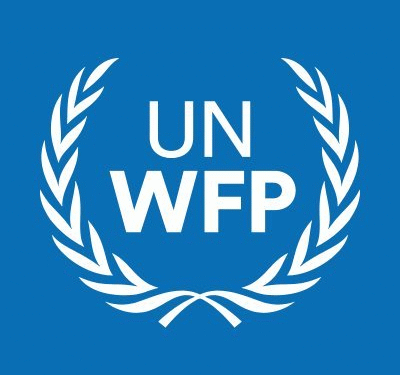The United Nations World Food Programme (WFP) has announced it will be forced to suspend emergency food and nutrition assistance for 1.3 million people in northeast Nigeria by the end of July, citing severe funding shortfalls. The move comes amid escalating insecurity and a record hunger crisis in the country.
In a statement released on Wednesday, the WFP disclosed that its food and nutrition stocks have been completely depleted, with the last supplies dispatched from its warehouses in early July. Once the current round of food distributions concludes, all life-saving aid operations in the region will cease.
“This is no longer just a humanitarian crisis; it’s a growing threat to regional stability, as families pushed beyond their limits are left with nowhere to turn,” said David Stevenson, WFP’s Country Director for Nigeria.

According to the WFP, nearly 31 million people across Nigeria are facing acute hunger — the highest number ever recorded in the country. In northeast Nigeria, where ongoing conflict and insurgency have displaced millions, the consequences of the aid suspension are expected to be dire.
Children are projected to be among the worst affected. The WFP warned that over 150 nutrition clinics it supports in Borno and Yobe states will shut down, cutting off treatment for more than 300,000 children under the age of two and significantly increasing their risk of severe malnutrition and wasting.
Stevenson also highlighted the broader implications of the crisis. “In conflict-affected northern areas, escalating violence from extremist groups is driving mass displacement. Some 2.3 million people across the Lake Chad Basin have been forced to flee their homes, placing immense pressure on already strained resources,” he said.
“When emergency assistance ends, many will migrate in search of food and safety, while others may resort to negative coping mechanisms, including joining armed groups, just to survive. Food assistance can often prevent these outcomes—it not only saves lives, but also supports local economies and long-term recovery.”
In the first half of 2025, WFP managed to reach 1.3 million people in northern Nigeria with food and nutrition support. It had also planned to assist an additional 720,000 people in the second half of the year, but that effort is now in jeopardy due to the funding gap.
The agency said it urgently needs $130 million to prevent an immediate shutdown of its programmes and to maintain life-saving food and nutrition assistance through the end of 2025.
The WFP is the world’s largest humanitarian organization, providing emergency food aid and working to build resilience and stability in communities affected by conflict, climate change, and natural disasters. Without swift intervention from donors, millions in northeast Nigeria could face deepening hunger, displacement, and instability.









